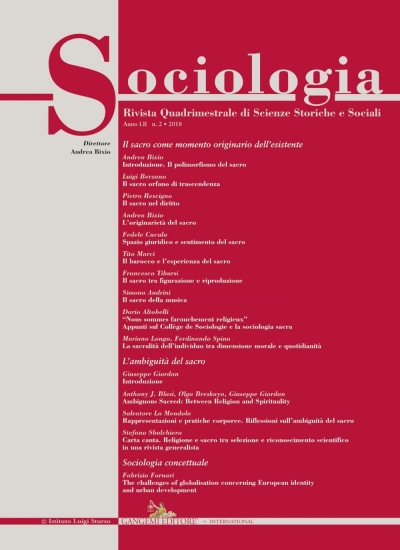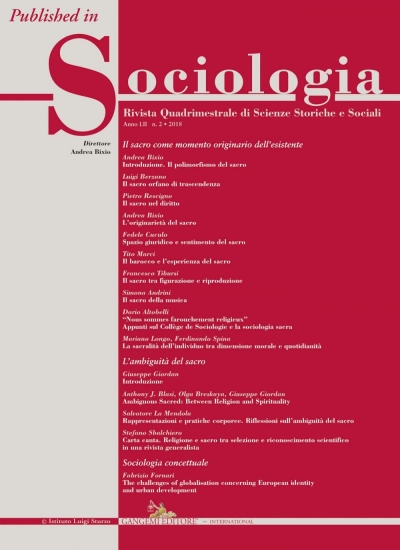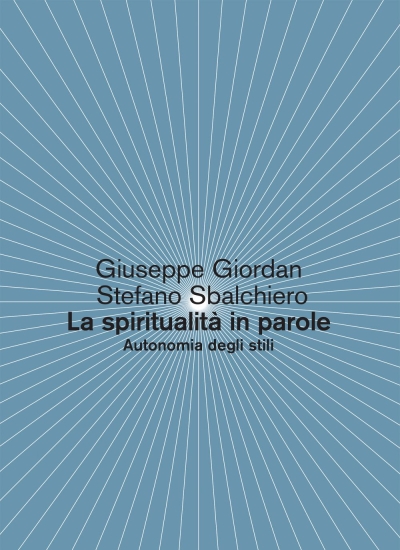Descripción
Published in Sociologia n.1/2018 - Rivista quadrimestrale di Scienze Storiche e Sociali dell'Istituto Luigi Sturzo, diretta da Andrea Bixio | The United Nations “Convention on the Elimination of All Forms of Discrimination against Women” (CEDAW) is a distinct international treaty for its integral character and radical provisions. It is integral in a sense of bonding together various spheres of women’s private and public life and not separating civil and political with economic, social, and cultural rights. It is radical by the requirement to change traditional gender roles in society in order to eradicate women’s inequality globally. Also, it could be considered as a particular treaty for not addressing religious freedom issues or even mentioning the concept of religion. The argument of Whiting and Evans (2006) that it is due to “the caution surrounding religious issues in the international sphere” (Whiting, Evans 2006: 12) the CEDAW does not deal directly with the religion, partly explains the absence of reference to the concept of religion and its derivations in the text of the treaty. The argument of Sullivan (1992) that conflicts and tensions between women’s rights and religious rights “set tenets of equality against values of liberty” (Sullivan 1992: 796) establishes other reasoning for neglecting religious rights and concepts in CEDAW. It raises the problem of “competing human rights values” (Sullivan 1992: 796) and absence of consensus in the international community on rights hierarchy. The first aim of this article is to briefly analyze the structural composition of the CEDAW with the attempt to rediscover the implicit presence of religion in the text of the treaty. Secondly, we examine the specific provisions of CEDAW which caused religious reservations by the State parties, considering zones of junction and tension between religion and women’s equality and socio-religious structural elements formulated in the reservations. Thirdly, the selected periodic reports of reserving states (on the examples of Egypt and Oman) together with the three periodic reports of Norway (as objecting state) are presented along with the new socio-religious dynamics emerging between CEDAW provisions and religion.







